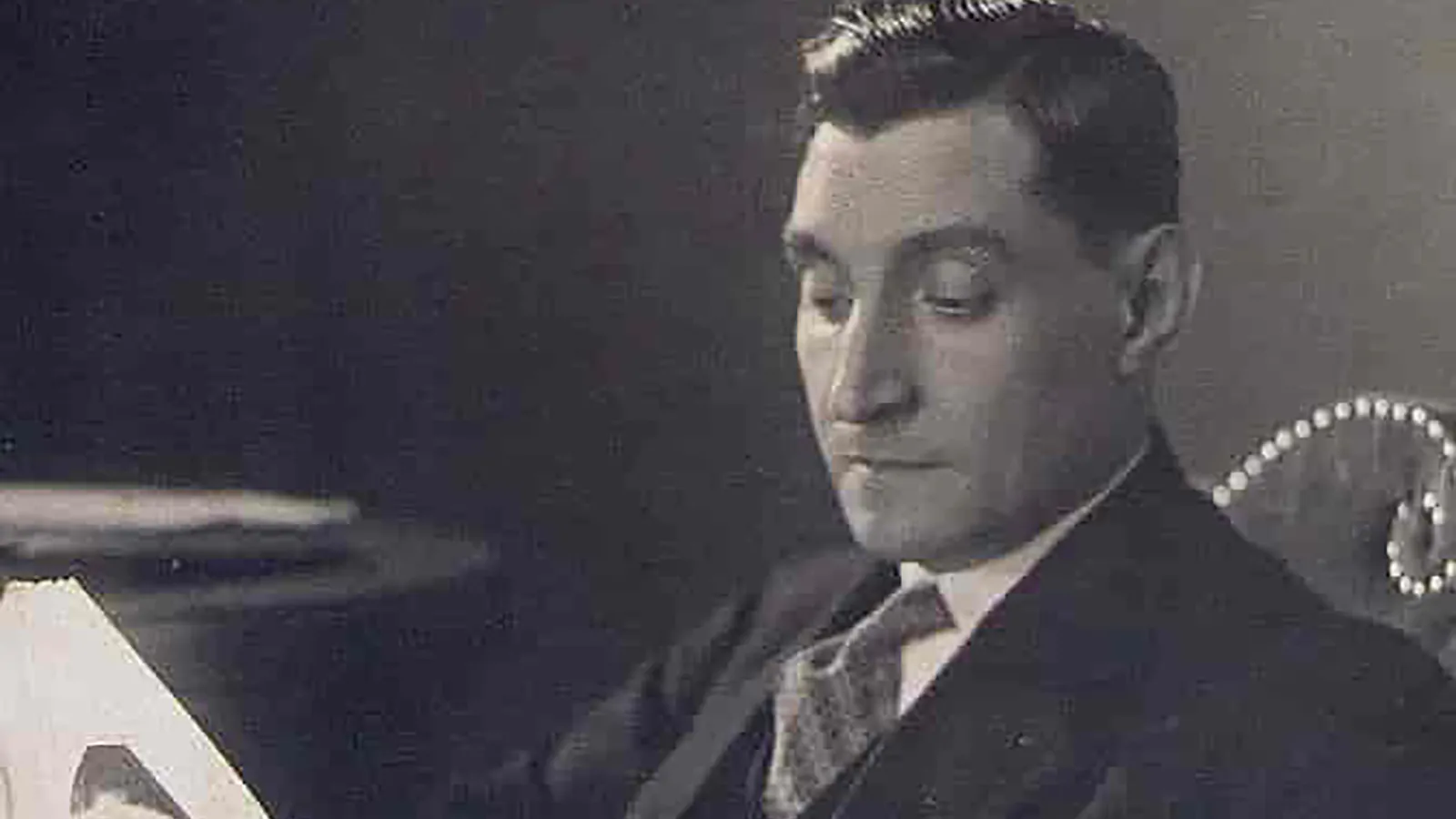Ninety years ago, Portugal was the poster child for instability. New governments came and went roughly every 6 months. Change seemed the only constant, which created a vacuum of leadership tailor made for military intervention. Out of the confusion and the void of effective leadership emerged one Antonio Salazar; he would govern Portugal for 36 years.
American Secretary of State Dean Acheson once remarked that Salazar was the closest thing in the 20th century to the philosopher-king outlined in Plato’s “Republic”. That was high praise, indeed, but was it accurate?
Having a benevolent dictator who could act immediately and unilaterally, without the niceties of a parliament, plebiscite, or consent seems on the surface to be a good thing. But, finding that one individual who possessed the necessary qualifications to consistently act unselfishly and only in the national interest, was a challenge.
And 90 years ago in Portugal, if there was one thing the country needed, it was an educated man of action who could stabilize the economy and plan for the future. Once Portugal became a republic and removed its king, diverse political parties diluted any chance to have a majority to govern parliament, much less the country. The lack of any cohesive governing coalition in the 1930s was a recipe for disaster, and Portugal was fast approaching a crisis.
Rather than turn to a national hero or military junta, Portugal found an academic – an economist no less – and made him prime minister. This meritocratic approach would have made Plato proud and certainly bolstered the prospects for economists everywhere yearning to work in government. But Salazar not only worked in government, he became the government.
To remain truly independent and balance uncertainties in the world economy, Salazar knew he needed to control the state budget without making concessions to lenders that might have hampered Portugal’s sovereignty. As perhaps only an economist could do, he tamed government finances and stabilized the economy. His austere solutions were accepted because they yielded results. The country took a deep breath, accepted Salazar’s prescriptions, and achieved equilibrium.
Having proved himself with Portugal’s finances, Salazar began to consolidate power, a process that culminated in making him a dictator. This gradual shift, beginning with competency to manage the economy, ended in a form of autocracy that was neither fascist nor communist.
Salazar’s theory of government was unusual and unique for the times. The Portuguese, like people everywhere, were looking for simple results: food, shelter, and prospects for improvement. Salazar provided this, and his success at meeting these needs allowed him to develop a dictatorship that was camouflaged as a philosopher-king.
For some reason, there is a certain allure to having a single person in authority make decisions based on the best interests of the governed. Since Biblical times, citizens yearn for a leader who can solve problems quickly and efficiently.
Political factions seem to stand in the way of good government and of a system that truly meets the needs of its people. When frustration is high, it is common for citizens to examine the existing system of government and consider new ways to solve problems.
In Portugal, Salazar was the true meeting of the man and the moment. But it is dangerous to use the example of his initial success to validate his other beliefs in government and how a modern state should create a future for its people.
Salazar did not believe in democracy and thought the expression of the people’s will in the form of an elected parliament was misplaced. He distrusted the people and believed in the rule of an elite class, which he advocated in public. His vision of government consisted solely of himself as an anointed prime minister who was better educated and more capable of understanding the needs of his people. It was he who would act and make decisions for the country.
While Salazar did have the trappings of a parliament and tolerated unions and other interest groups, the power of government rested with him. He might listen to various groups and have them consider solutions to problems, but implementing a plan was exclusively his domain. In essence, he was an autonomous and unaccountable high school principal.
For a while, this system worked. The consistency of having a singular ruler, educated as he was and truly solving problems, created a legitimacy if not an aura of infallibility, but it could not last. Once the crisis of World War II subsided and war profits ceased, Portugal was left with the many inefficiencies of a bloated bureaucracy and a state that relied increasingly on suppression of any innovative ideas.
At some point, Portugal leveled off and economic growth slowed. The rule of a single man, increasingly unwilling to embrace new ideas, retarded Portugal’s entry into a global economy. The idea of a philosopher-king can be sustained for only so long before the inevitability of change and the tendency of the autocrat to stay in power gradually stagnates institutions that advance prosperity.
Forms of government that rely on peoples’ elected representatives to govern may seem inefficient and frustrate immediate action in a crisis. But the lack of immediate solutions, while annoying at the time, eventually validate a government that deliberates and considers effective change. Thoughtful government creates a vibrant future based on human action as innovation and experiments in democracy find more and better ways to advance society.
In times of crisis, an individual like Salazar seems like a satisfactory solution, but over time, the wisdom of a single point of failure in the person of a dictator is ill advised. Removing government from the people and trusting an elite ruler limits effectiveness to a personality. Democratic institutions and systems of government that diffuse power and trust people to make decisions provide greater stability and continuity.
Kings, be they philosophers or otherwise, can never provide the continuity needed to sustain development, growth, and the security needs of a modern state.






















































